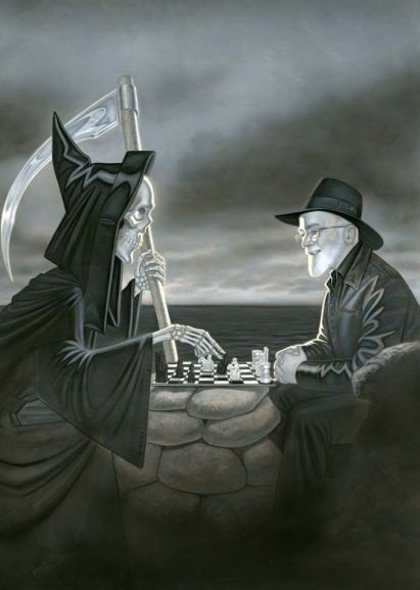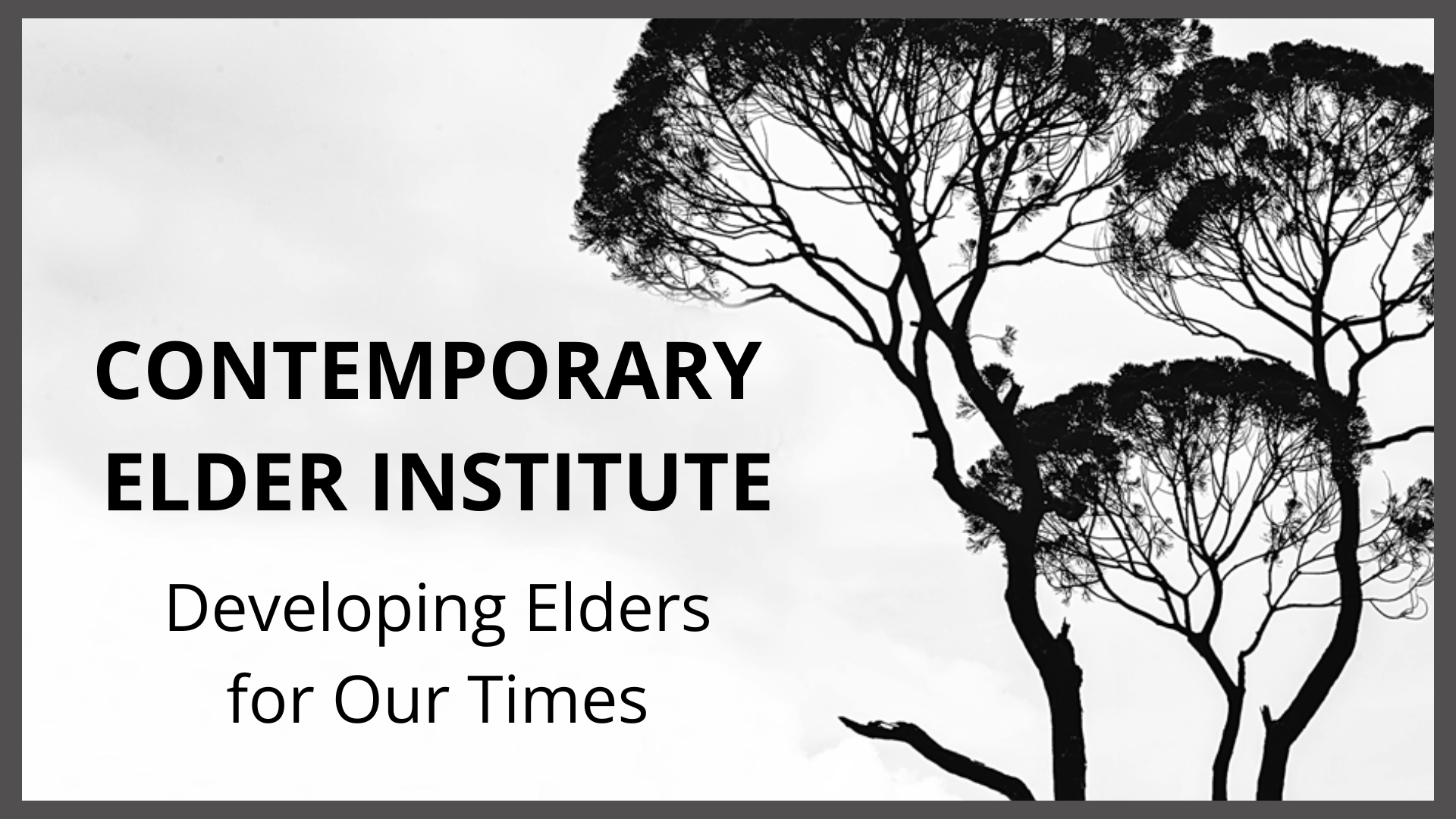Death, Won’t You Be My Neighbor
Death, Won’t You Be My Neighbor

WHO ARE YOU THAT DEATH IS?
In our culture, and most likely in your mind, death is a concept—a concept dreaded, feared, and therefore avoided. But, like it or not, death is your silent companion, lurking at the periphery of your consciousness.
When you leave middle age and enter late age, death moves from the outskirts of your awareness to the center of town.
At a late age, you now encounter the death of former classmates and colleagues.
Some of your favorite actors, singers, and writers, those you found deeply impactful, have gone. Your emotionally resonant heroes or heroines gone as well. Every one of their deaths momentarily reminds you that you, too, will be gone.
Although you've been responsible and have gotten your Will, Survivor Grantors Trust, Executor, and Trustees in place, and maybe even done a Death Plan, all elegantly bound in a leather binder with gold letters on the front, death is still “over there” and hardly, if ever, “over here.”
Whereas before, there was a quick “catch and release” of thoughts of death, now these thoughts have more “stickum.”
Thoughts of death have moved from somewhere in a distant neighborhood into your neighborhood, in fact, right next door.
What if we approached death as a good neighbor rather than a destroyer? What if we fostered a friendly, approachable, warm-hearted relationship with death? And what if death, this neighbor, turned out to be a benevolent, accessible teacher who deepened your self-understanding, consciousness, well-being, happiness, and gratitude for life? Now, that would be a good neighbor to have.
But in our culture, the image of death is the Grim Reaper. This Harvester of Souls, a shrouded skeleton figure that strips away your flesh and earthly identity. That’s the cultural and, most likely, your personal image of death. Images that are the illustration of your narrative that death is horrific.
But ask yourself this question: if no one really knows or will ever know about death, then whatever narrative exists about death is made up, fabricated, invented. It is not the truth about death since the truth cannot nor will ever be known.
The narratives of death are a fiction. If that is so, the question is, “Why don’t you make up your own narrative?”
I’ll tell you why.
REASONS FOR THE EXISTING OF NARRATIVE
1) Religious Institutions saw death as a real opportunity. Their portrayal of death as unacceptable shaped by their theological beliefs and intended societal roles.
Religious authorities used the fear of punishment and judgment after death to encourage adherence to their moral codes and religious practices. So, the cultural roots of our current narrative that death is something to be feared go back millennia and are indeed now well entrenched.
Religious institutions have maintained authority over their followers by controlling the death and afterlife narrative. Fear of the unknown and the promise of salvation or eternal life reinforces dependence on religious institutions for guidance and reassurance. Portraying death as something to be feared allows for religion’s guidance, salvation, and redemption to be achieved.
2) Now, bake in these centuries-old narratives of death as annihilation into today's Western mind. Of course, death would be perceived as extinction. The Western mind always needs answers. Its engine is “gotta know;” its makeup is that it needs to know that it knows.
Without knowing, the mind feels it doesn’t have control. But death is unanswerable, so the mind can never know. The mind cannot deal with this conundrum generated by not knowing. No wonder the relationship to death is denial. The mind doesn’t know how to deal with what cannot be known.
3) Many cultures and religions teach and believe that the afterlife has consequences for one's actions in this life, but our Western culture thinks that’s bullshit. It’s not a cultural fit. “Get it while you can, baby, because when you’re gone, it's gone too.” Never enough or never good enough says much about our relationship to death. Just another reflection of how death is seen as “lights out
4) Finally, I asked ChatGPT about death; it didn’t know either.
DEATH AS YOUR NEIGHBOR
The narrative we unconsciously carry has an undetachable shadow of fear of mortality. The shadow grows darker, larger, and more ominous in late aging. But regarding death as a good neighbor, a neighbor who reduces your fear into acceptance and even gratitude for your existence’s finite nature would be a good neighbor to have.
Death as a neighbor would have you realize your death’s inevitability and incorporate this awareness into your daily life. Instead of pushing thoughts of mortality to the recesses of your mind, you’d openly acknowledge and reflect upon the transient nature of your life.
With the help of your new neighbor, you would be able to write your own narrative.
In this narrative, you would come to understand the cosmic law of impermanence, which applies to anything that has form and exists in time.
The law asserts that nothing is permanent or unchanging; everything is subject to arising, existing for a time, and eventually ceasing to exist. You would come to accept that you exist in time and form and acknowledge the law applies to you.
In a new narrative, you would cultivate a more profound acceptance of life's transient nature by embracing impermanence. You would foster a more flexible and adaptive approach to experiences and circumstances. Impermanence would be a profound reminder to live with greater awareness, acceptance, and compassion because you are impermanent; life is temporary.
In these friendly conversations with your neighbor, you’d come to acknowledge that your impermanence always reminds you to prioritize what truly matters. It fosters a deeper appreciation for the present moment and the relationships that touch your life.
If death becomes your neighbor, it lets you know that life has a limit, so you should appreciate what you have and who you are. That’s a good neighbor to have.
To close, it is evident to me that no one knows nor will ever know about death.
Subsequently, the narrative about death is totally fictional. Therefore, I have the unique opportunity to write my own narrative.
My narrative is very short; in fact, it is only one sentence:
“Death is going home.”
ANNOUNCEMENT
Next Member Sangha call - May 8th,
4:00 pm PT. Members will receive an email invite.
Next Open Call - May 22nd. Guests Register
HERE.
